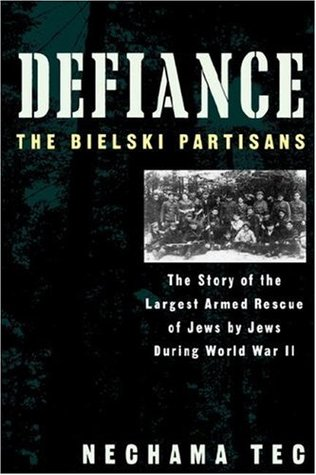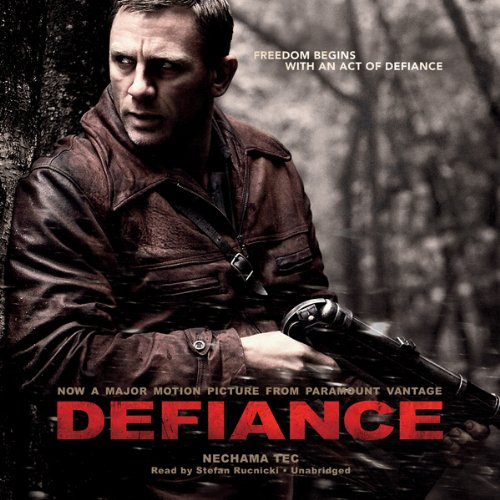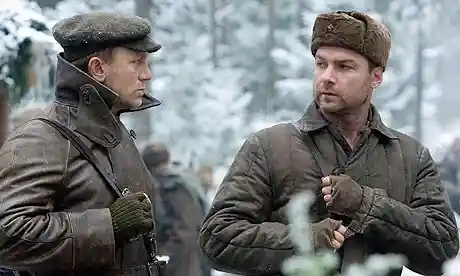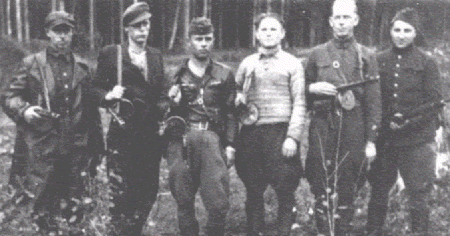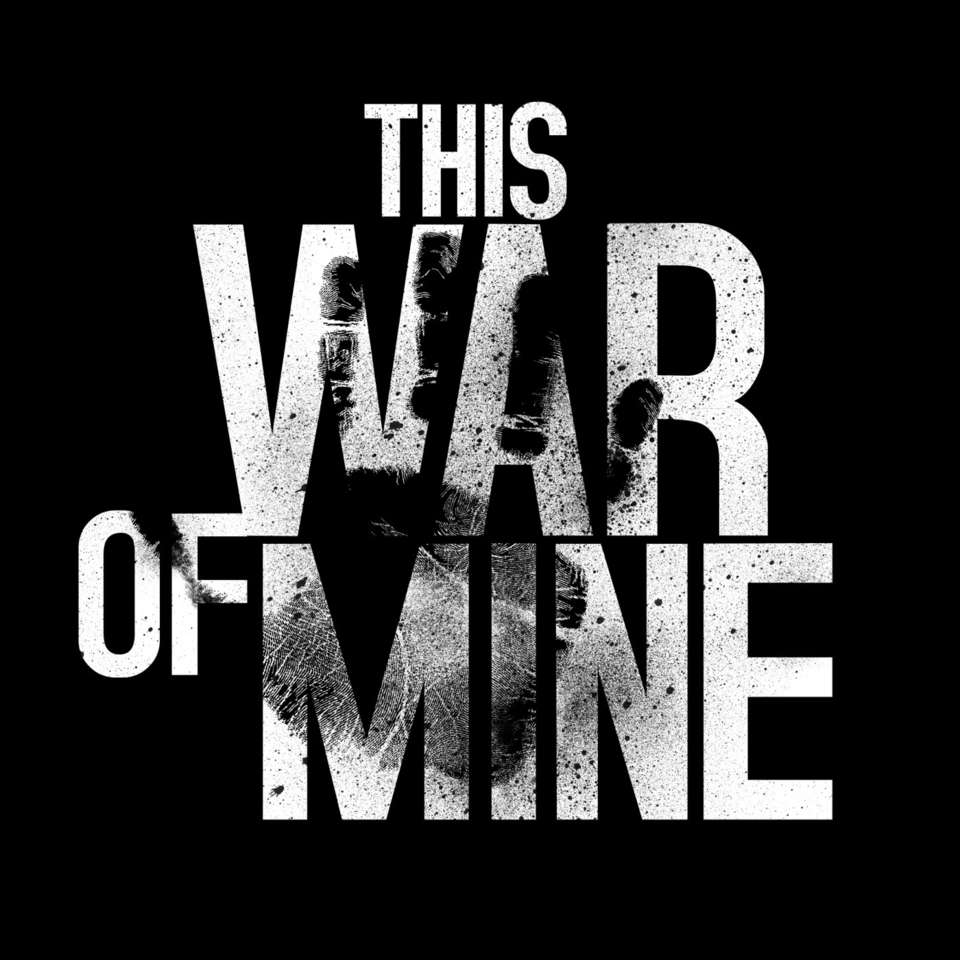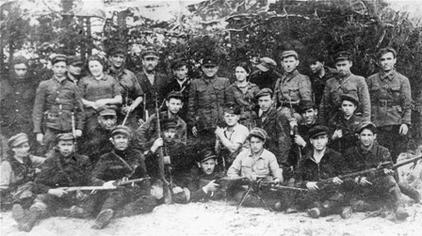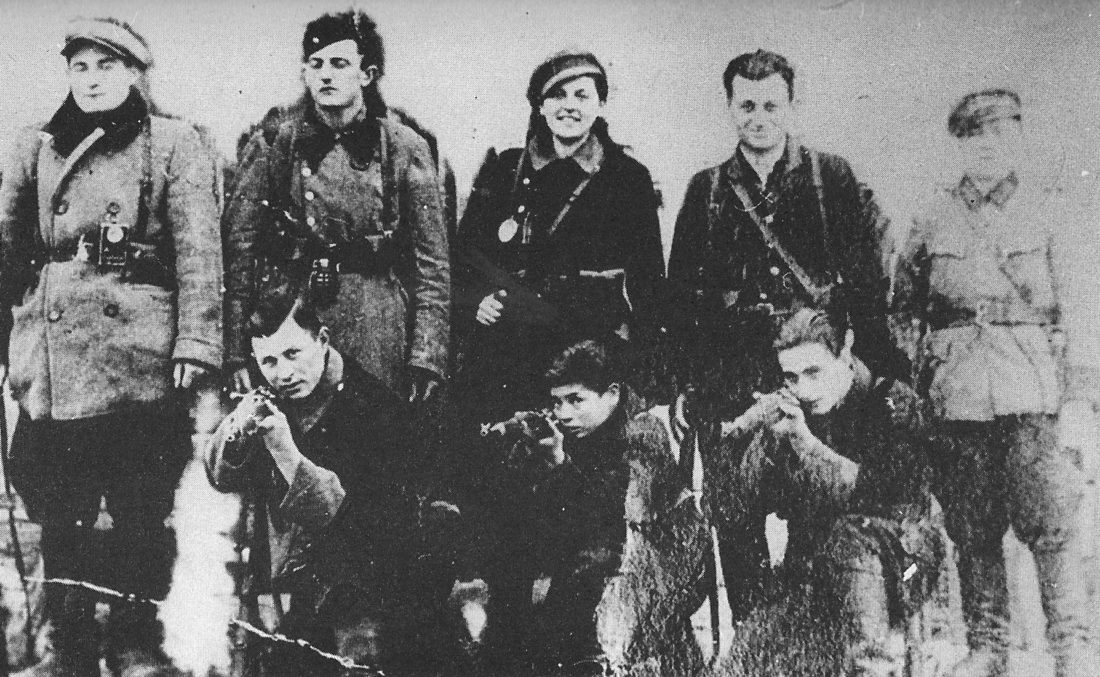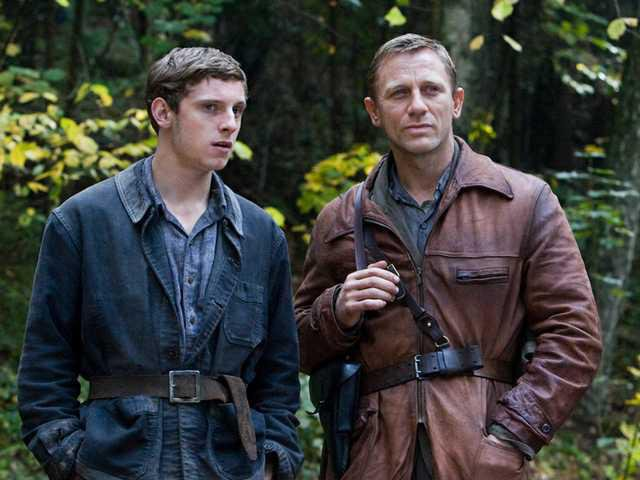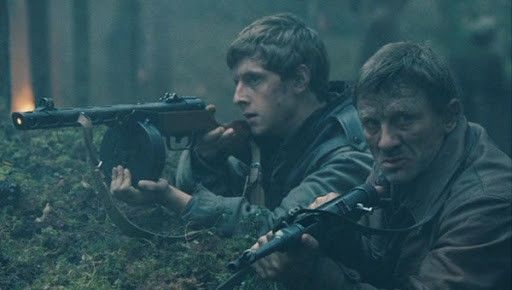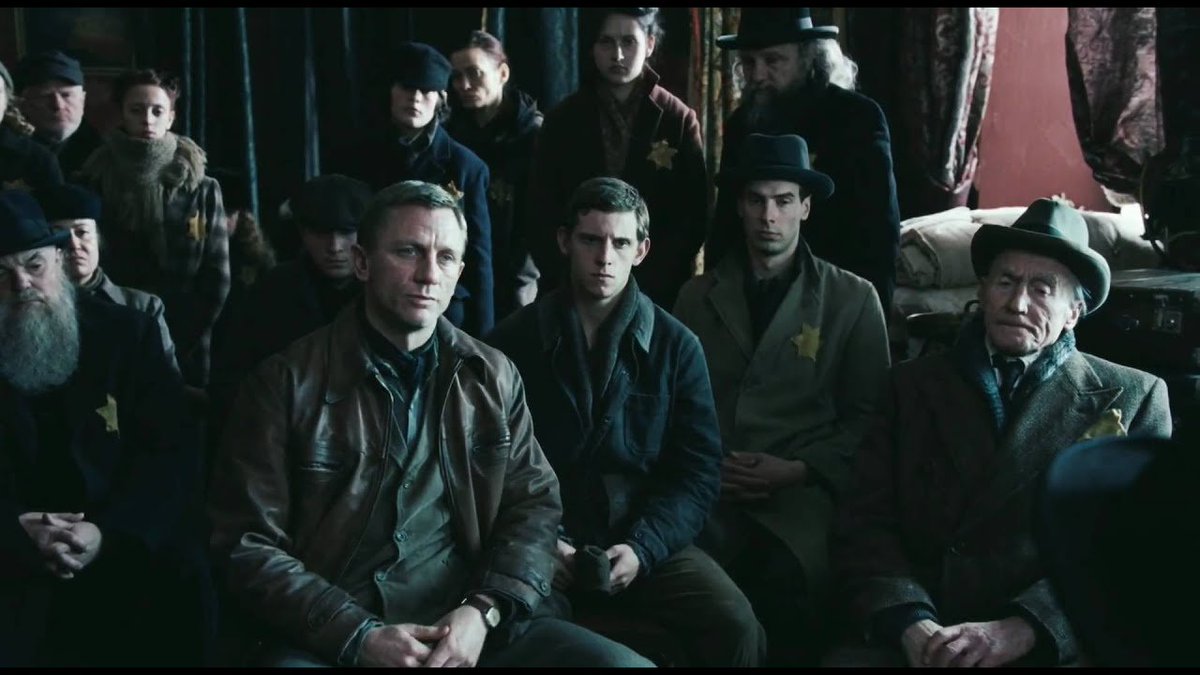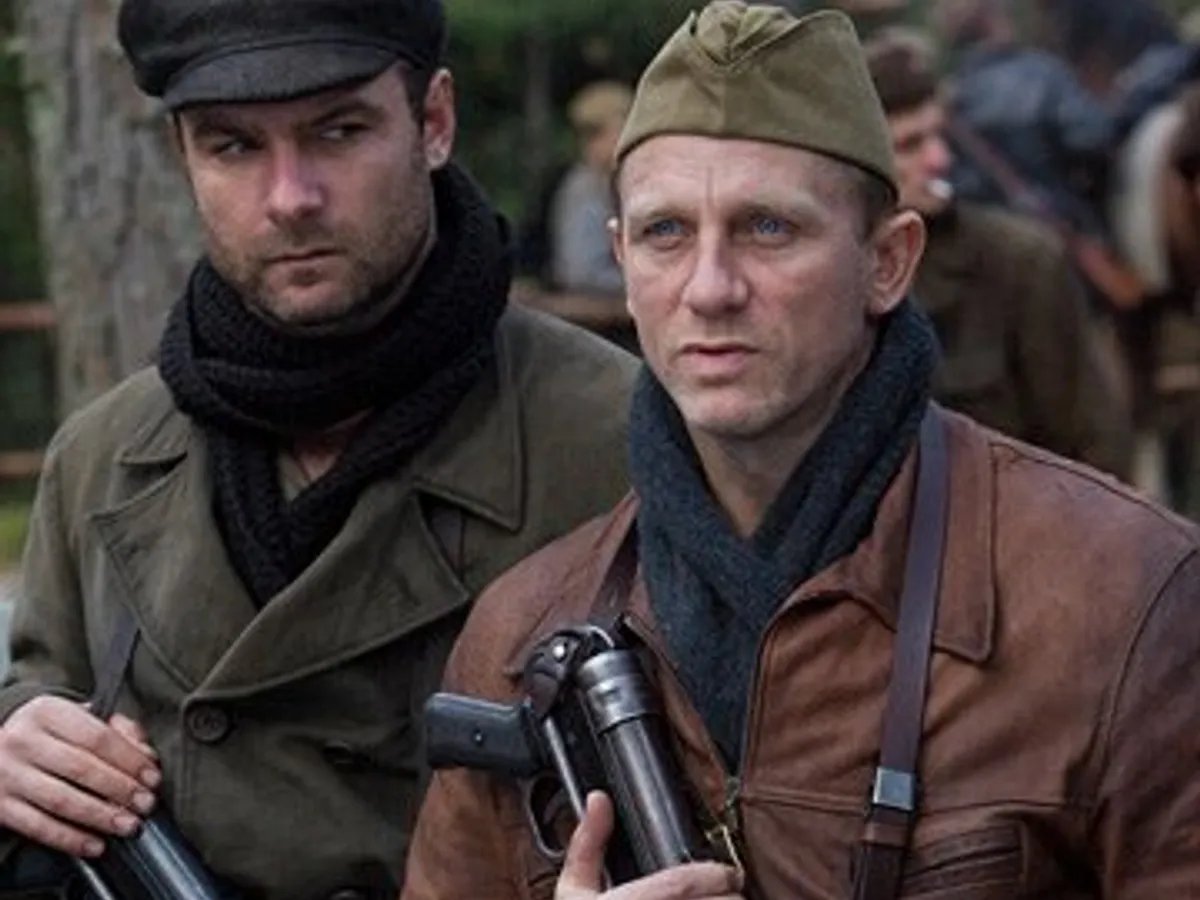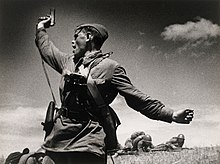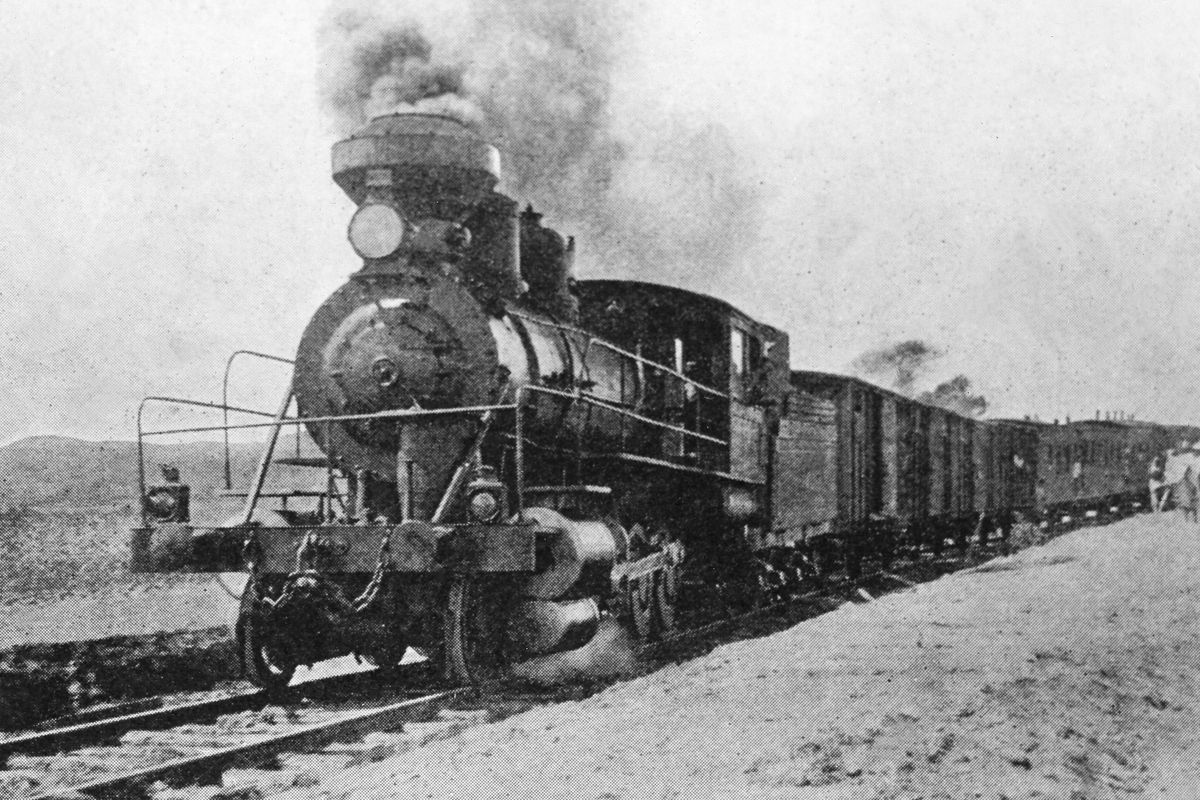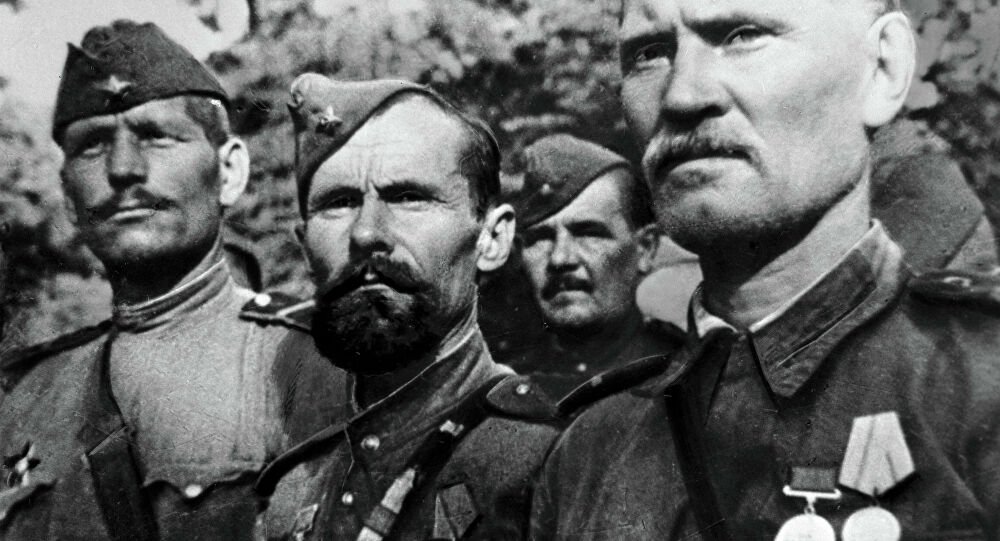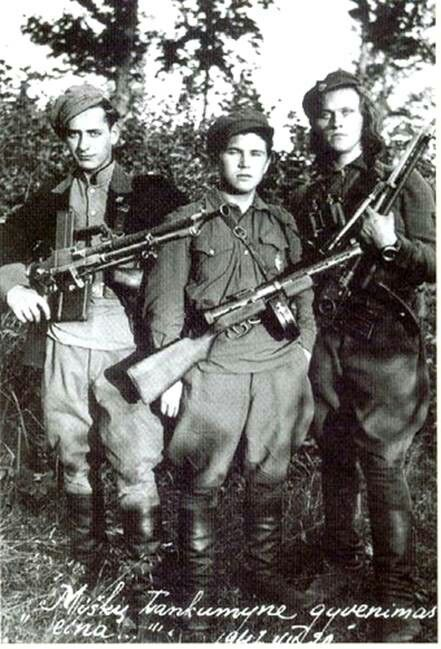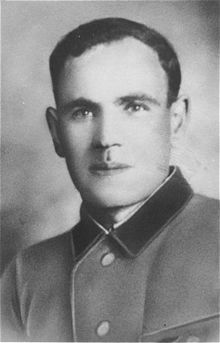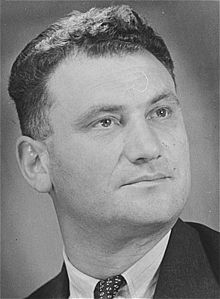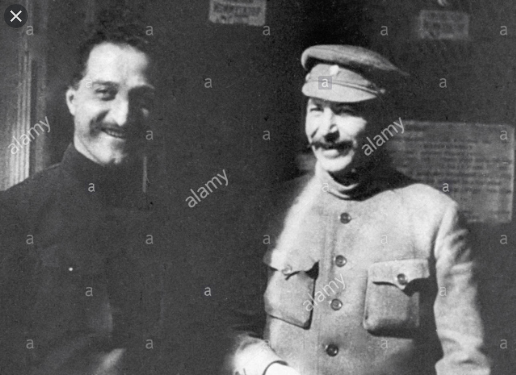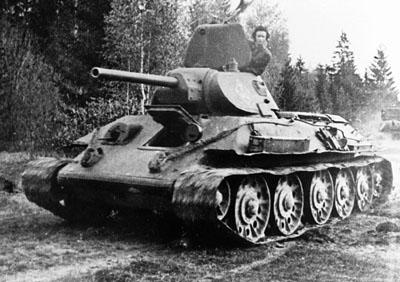recently I read Defiance: The Bielski Partisans, which was a pretty nice counterbalance to that book on the Einsatzgruppen I read a while back.
they made it into an unsurprisingly inaccurate war movie back in 2008. like, it& #39;s not bad, but it& #39;s no "Come and See"
that said, the book was pretty interesting because it touched on several things I& #39;m interested in, namely WWII, the einsatzgruppen, Jewish resistance, Eastern Europe, the world depicted in stuff like Fiddler on the Roof, Belarus, and
and at the risk of sounding flippant, even survival situations like This War of Mine or shitty zombie movies, like in the sense that society gets upturned and there& #39;s immediate drastic scarcity, etc.
anyway, the Bielski partisans were really interesting because they were one of the few partisan groups that was all-Jewish, as opposed to a couple Jews per partisan unit, and they also took in women and children, which most partisan groups couldn& #39;t do
the group was run by the Bielski brothers, who were in a unique position as farming Jews, as opposed to most others in who were in various trades; they also had military training, so they were able to avoid being forced into the ghettos.
their group, which was basically their family at first, was able to flee into the forests; Jews from the nearby ghettos were often able to join them, and they ultimately saved 1,200 Jewish lives when, everywhere else, all Jews were being exterminated
one thing the book is frank about is the fact that "being a partisan" basically entails robbing peasants for food to survive, which naturally led to poor relations with the locals, and this happened with the Bielski and other partisan groups
the Bielski partisans, with a camp full of women and children, did not engage in direct combat much, but they did carry out reprisal killings against peasants who ratted out Jews. they& #39;d leave a sign out to let everyone know why the person was killed.
the film depicts tensions between the Bielski partisans and the Red Army. there were tensions, but the film does not depict one of my favorite subplots of the book, that of Commissar Shematovietz
there& #39;s a thin line between partisan and bandit, and so the Bielski brothers sought Red Army assistance and therefore approval, which they got, but that required them to receive a Commissar, which made them nervous. but the Red Army sent Commissar Shematovietz
Commissar Shematovietz was described as a "loyal communist, in his late fifties, he was a heavy man with bear-like movements, which contrasted with the alert expression of his deep-set eyes"
"when the German-Russian war began he had lived in Minsk with his Jewish wife and daughter. Soon after the German takeover his wife and child were murdered. For a while Shematovietz continued working as a railroad official, a job he held before the war"
"Shematovietz is remembered as being free of prejudices, as someone devoted to helping the persecuted, particularly the Jews. Through his railroad connections he made it possible for Jews to travel on trains, an illegal activity at the time (under German occupation)."
"After the establishment of the ghetto in Minsk he cooperated with the Jewish underground. Warned about his impending arrest, he escaped to the forest and became a partisan commander."
he also took a demotion in order to work with the Jews.
he also took a demotion in order to work with the Jews.
"They said he only cared about two things: how to ease Jewish suffering and how to find vodka. Shematovietz identified with the Jewish plight and spoke on behalf of Jews at HQ"
he helped the Bielski partisans work well with the other partisans and the Red Army
he helped the Bielski partisans work well with the other partisans and the Red Army
there& #39;s some other pretty interesting stuff about how classes were flipped on their heads in the partisan camp: farmers, hunters, mechanics were all on top, while those who worked with their minds or money were at the bottom, and the trades stayed more or less in the middle
one of the brothers was named Zus Bielski (left), which is a pretty cool name, pronounced like Zeus. they ended up as taxi cab moguls in NYC after the war.
after some rough years and one direct attack, the Bielski partisans were able to locate in a safer area and ended up working mostly in a logistical capacity, supplying the other partisan groups with shoes, clothes, fixing weapons, etc.
the broader partisan groups were called the Ordzhonikidze Group, named after Sergo Ordzhonikidze, lol
the Bielski partisans claimed during the war to have killed 381 enemy fighters (in part, jointly with Soviet groups) and to have lost 50 members.
Soviet command estimated that the Bielski Group killed 14 Germans, 17 policemen, and 33 spies and provocateurs
Soviet command estimated that the Bielski Group killed 14 Germans, 17 policemen, and 33 spies and provocateurs
"Close to 3 million Polish Jews had perished, about 90 percent of the prewar Jewish population"
when the Red Army rolled in, the partisans came out to greet them. "Their surprised eyes and equally surprised voices said over and over again, "So many Jews! So many Jews!"
when the Red Army rolled in, the partisans came out to greet them. "Their surprised eyes and equally surprised voices said over and over again, "So many Jews! So many Jews!"
anyway, it was a pretty good book, and great to hear about armed resistance to the Nazis

 Read on Twitter
Read on Twitter